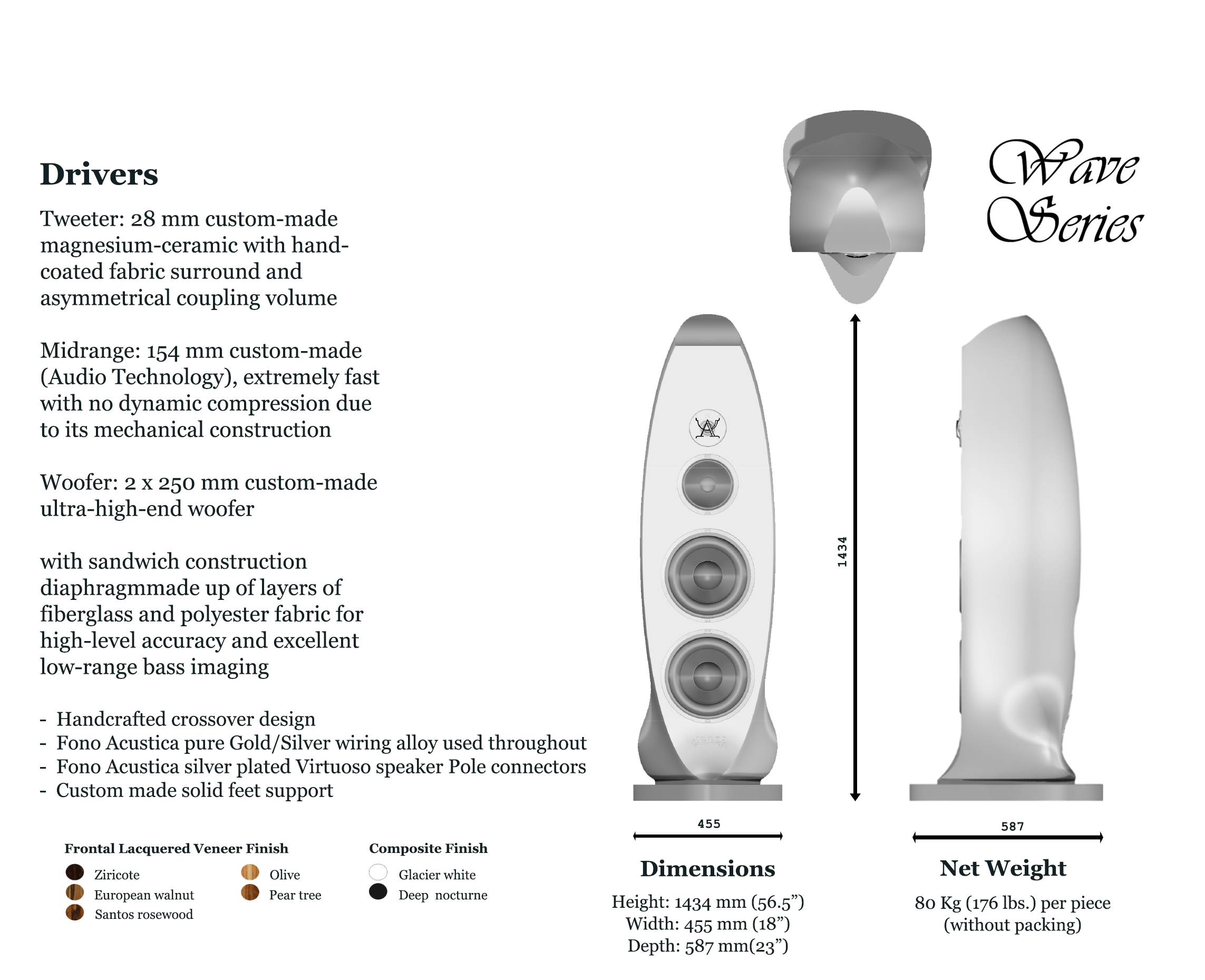EU Cookie Laws
The EU Cookie Laws establish guidelines for the use of cookies on websites to protect users' privacy, as outlined in the ePrivacy Directive and the General Data Protection Regulation (GDPR). These laws include the following key requirements:
1. Explicit Consent
Websites must obtain users' explicit consent before installing non-essential cookies (e.g., cookies for analytics or marketing purposes).
Consent must be given through an affirmative action, such as clicking "Accept," and pre-ticked boxes are not permitted.
2. Transparency
Websites must inform users about the types of cookies used and their purposes.
This information should be written clearly, in plain language, and easily accessible, such as through a "Cookie Policy."
3. Granular Choices
Users must have the ability to enable or disable specific types of cookies freely, for example, enabling analytics cookies while disabling marketing cookies.
4. Right to Withdraw Consent
Users must be able to withdraw their consent at any time through an easy process, such as a “Cookie Settings” button that allows adjustments to preferences.
5. Exemptions
Strictly Necessary Cookies, such as those essential for online transactions or website functionality, do not require consent.
6. Data Storage and Processing
If cookies collect identifiable information, such as IP addresses, the website must comply with GDPR requirements, such as granting users access to their data, allowing data modification or deletion, and ensuring lawful processing.
7. Penalties
Non-compliance with cookie and privacy regulations can result in fines under GDPR of up to €20 million or 4% of annual global turnover, whichever is higher.
Examples of Compliance
Use a cookie banner to notify and request user consent.
Provide a clear and accessible cookie policy.
Update systems and tools to support user consent preferences.
Websites operating within or serving users in the EU must adhere to these regulations to ensure compliance and maintain user trust.








